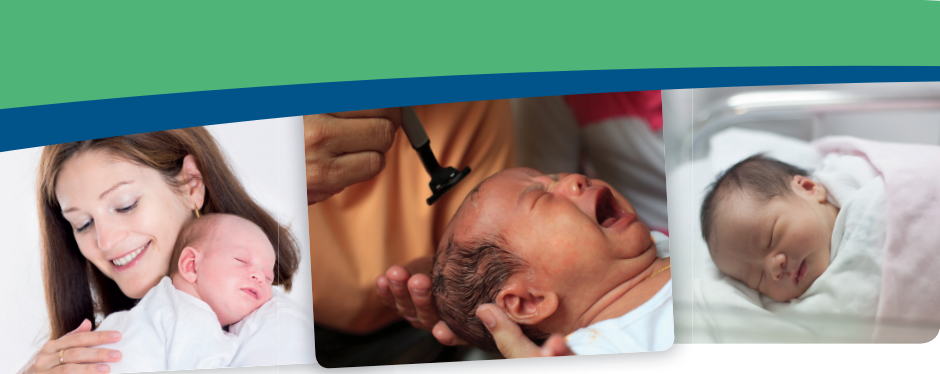Module 2
Unit 2
Lessons 3 and 4
Student’s Book pages 22-23
Customs and traditions

Welcoming new babies around the world
The birth of a newborn baby is a special occasion all over the world, and of course there are many traditions that follow similar patterns worldwide. However, there are some that are peculiar to one country or a group of countries. Here is a guide to some of the more diverse ways to observe this universally important event.
1 Newborn baby girls are likely to be welcomed into the world with a tree planting party in Germany. The baby’s relatives typically plant two trees, which are then chopped down and sold when she gets engaged. The proceeds from this tree-planting venture are then used to buy her wedding dress. Additionally, the German government has come up with a list of accepted names, which parents are expected to choose from when they name their child.
2 In Turkey, new mothers might well ask you not to give them gifts until the baby has been born. When a mother has given birth, she is supposed to stay inside with her baby for 28 to 40 days. This is to protect the baby’s immune system, and develop the bond between mother and baby. After this period, mother and baby will be capable of going out to visit neighbours and family. This is when you should give them gifts.
3 You won’t see a newborn baby lying on a blanket in any homes in Bali. Tradition there means that relatives are willing to carry the baby around for about 100 days at the beginning of his or her life. This period of healing and holding might well last longer than this, as well!
4 In several Muslim countries, including Saudi Arabia, new parents are likely to shave the head of their week-old baby, and then weigh the hair. The parents are expected to give gold and silver to charity after the birth, to thank God for blessing them with a child. The weight of the hair should be equal to the amount of gold and silver that is given. This custom might well form a part of an aqiqah, or welcoming ceremony, where the baby is given his or her name.
The text talks about some traditions surrounding the birth of a newborn baby in different countries.
After reading
*”1”-Match:
|
The country |
Traditions of welcoming new babies |
|
1-Turkey |
a-Planting party. b-Carrying the baby around for about 100 days at the beginning of his/her life. c-Shaving the baby’s head. d-Gifts are not allowed until the mother and the baby are capable of going out to visit neighbours. e-a list of accepted names. |
|
2-Saudi Arabia |
|
|
3-Bali |
|
|
4-Germany |
Answers
1-d
2-c
3-b
4-a,e
*”2”-Explain:
-“planting party”
The baby’s relatives typically plant two trees, which are then chopped down and sold when she gets engaged. The proceeds from this tree-planting venture are then used to buy her wedding dress.
-“aqiqah”
New parents are likely to shave the head of their week-old baby, and then weigh the hair. The parents are expected to give gold and silver to charity after the birth, to thank God for blessing them with a child. The weight of the hair should be equal to the amount of gold and silver that is given.
*”3”-Quote the sentence which indicates that the length of time of taking care of new babies will possibly continue more than it is supposed to be.
This period of healing and holding might well last longer than this, as well!
*”4”-What are the reasons of staying a mother with her baby for 28 to 40 days?
To protect the baby’s immune system, and develop the bond between mother and baby.
*”5”-The writer states that people in Muslim countries weigh the hair of the baby to give gold and silver to charities. Write the reasons of this tradition.
The parents are expected to give gold and silver to charity after the birth, to thank God for blessing them with a child.
*”6”-Write the reference of the following words:
1-that line 1 refers to many traditions
2-they line 5 refers to parents
3-them line 6 refers to mothers
4-them line 12 refers to new parents
6-which line 3 refers to two trees